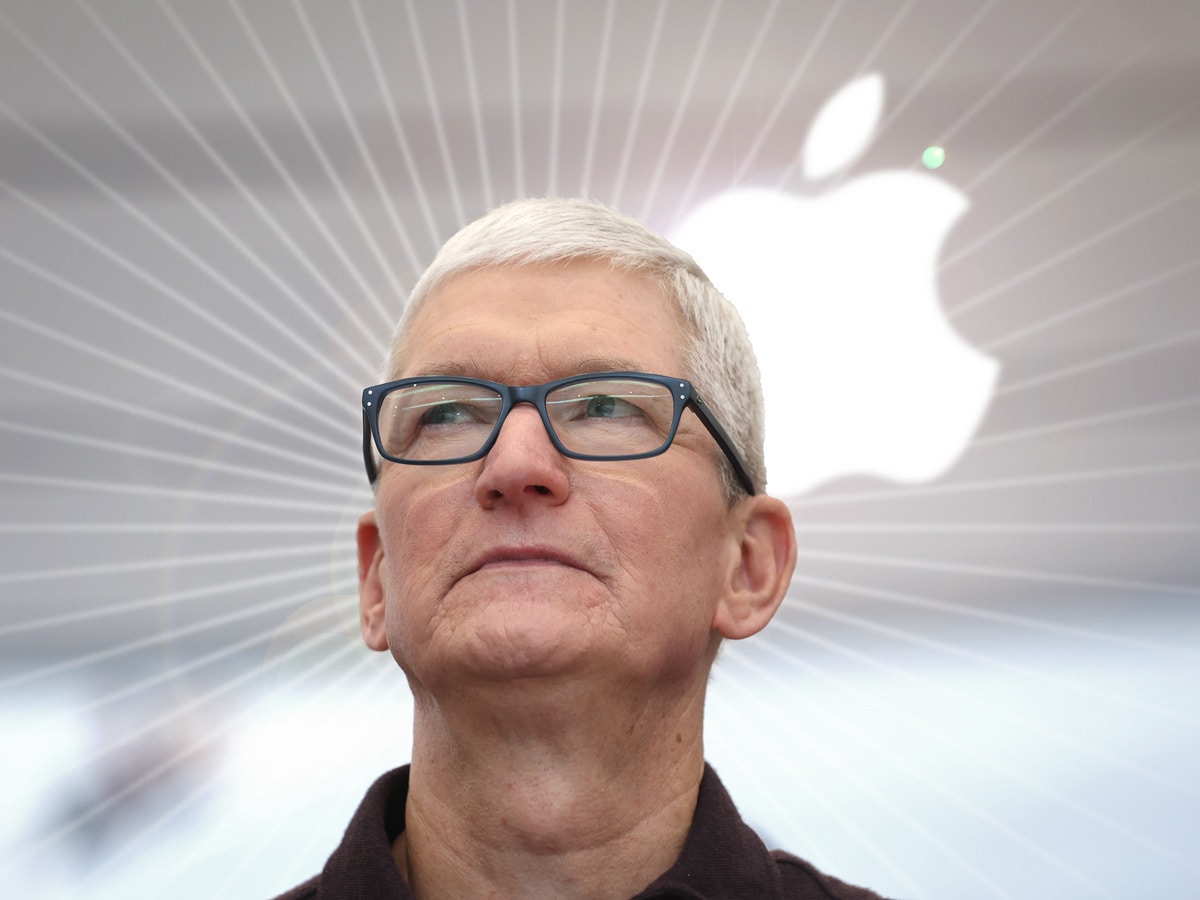In today’s top stories, Tim Cook’s (pictured) Apple becomes more valuable than major tech rivals, shorting China stocks gets riskier and social media drives turbulent speculation. Meanwhile, one portfolio manager suspects that gas and coal companies could be in an earnings bubble and Elliot Management warns of further market turmoil.
Apple tops mega-cap tech titans
Despite falling 3.7% in Wednesday’s session, Apple [AAPLE] still closed with a market capitalisation of $2.307trn. The iPhone maker is worth more than Alphabet [GOOG], Amazon [AMZN] and Meta combined, following earnings releases last week — only Apple received a positive market reaction after its announcement. “Perhaps it’s investor expectations, demanding perfection across complicated conglomerates,” wrote Bernstein analyst Mark Shmulik, according to Seeking Alpha.
Elliott Management warns of more market turmoil
Billionaire hedge fund manager Paul Singer told clients that global “hyperinflation” could prompt the worst financial crisis since the second world war, according to the Financial Times. “Investors should not assume they have ‘seen everything’” – not even those who worked through the 1970s bear market, the asset manager added. Despite global equities seeing $28trn in value wiped off so far this year, the firm expects markets have further to fall, forecasting a 50% drop from peak to trough.
Stocks that weren’t on the chopping block
Analysis by CNBC Pro reveals that there are a small group of companies that have managed to dodge Wall Street banks slashing their price targets this earnings season. Only 13 stocks out of the 300 S&P 500 companies still offer potential upside according to the analysis, including United Airlines [UAL], Biogen [BIIB], Enphase Energy [ENPH], Netflix [NFLX] and Eli Lilly [LLY]. Among the 72% of stocks with slashed targets, Meta [META] and Whirlpool [WHR] are expected to slow down further.
Shorting China stocks just got riskier
Amid China’s market rout, short sellers have piled in betting that the selloff will deepen. However, a two-day rally prompted by social media posts that suggested officials were considering reopening the economy has revealed that wild price swings are occurring based on the flimsiest of speculation. “If the government signals properly on Covid-19 then the move will be really fast,” says GAM Hong Kong’s Rob Mumford. But that signal appears to be some time away.
Are gas and coal companies in an earnings bubble?
Christian Putz CEO of ARR Investment Partners thinks so. The firm has outperformed most of its competitors by successfully shorting copper and shipping companies this year. Putz told Financial News in a recent interview that he anticipates the bumper profits these firms have been posting to wind down soon. “We have already seen the peak in European gas prices this summer. Gas [and] coal companies are in an earnings bubble,” he said.
Michael Kao on the dollar wrecking ball
Michael Kao has been in the investment business for more than 30 years. Following time spent at Goldman Sachs [GS] and Canyon Capital Advisors, Kao established his own hedge fund, Akanthos Capital Management, using a blend of long gamma and structural arbitrage with event-driven investing. Kao joined Opto Sessions to discuss the key questions that drove his investments, lessons he’s learned and why the dollar isn’t depreciating.
Softening consumer demand
The semiconductor industry has been facing a combination of structural issues and macro headwinds in 2022. The most recent earnings from companies including AMD [AMD], Qualcomm [QCOM] and Samsung [005930.KS] suggest that demand will continue to weaken for the rest of the year — but analysts remain optimistic. VanEck researchers suggest that “recent volatility has presented much more attractive stock prices, and the current volatility has been driven more by headline risk rather than weakening demand”.
Disclaimer Past performance is not a reliable indicator of future results.
CMC Markets is an execution-only service provider. The material (whether or not it states any opinions) is for general information purposes only, and does not take into account your personal circumstances or objectives. Nothing in this material is (or should be considered to be) financial, investment or other advice on which reliance should be placed. No opinion given in the material constitutes a recommendation by CMC Markets or the author that any particular investment, security, transaction or investment strategy is suitable for any specific person.
The material has not been prepared in accordance with legal requirements designed to promote the independence of investment research. Although we are not specifically prevented from dealing before providing this material, we do not seek to take advantage of the material prior to its dissemination.
CMC Markets does not endorse or offer opinion on the trading strategies used by the author. Their trading strategies do not guarantee any return and CMC Markets shall not be held responsible for any loss that you may incur, either directly or indirectly, arising from any investment based on any information contained herein.
*Tax treatment depends on individual circumstances and can change or may differ in a jurisdiction other than the UK.
Continue reading for FREE
- Includes free newsletter updates, unsubscribe anytime. Privacy policy





